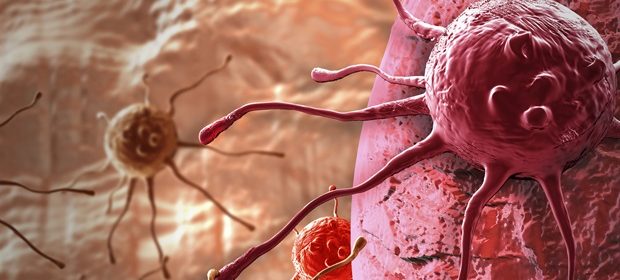Prostate cancer complications

The complications of prostate cancer usually only occur once the prostate has become large enough to affect the urethra, which may take many years because prostate cancer is generally slow growing. Some of the complications that do eventually arise as a result of prostate cancer include:
- Urinary incontinence – Prostate cancer can affect the urethra and the bladder and cause varying degrees of incontinence ranging from occasional leakage through to complete loss of bladder control. Treatment options include medication, surgery or the use of a catheter, depending on symptom severity. Urinary incontinence can severely impact on self-esteem and quality of life.
- Erectile dysfunction – Both the growth of prostate cancer and therapies for the condition such as radiotherapy or surgery can cause damage to the nerves nearby to the prostate that are involved in controlling erections. Damage to these delicate nerves can leave the patient unable to obtain or sustain an erection. Medical devices or surgery may be used to treat erectile dysfunction and phosphodiesterase 5 inhibitors such as sildenafil or viagra provide another treatment option.
- Recurrence of the cancer – Another major complication of prostate cancer is recurrence of the tumor growth after successful treatment and cancer remission. In most cases, treatment with surgery or radiation ensures that the cancer does not return, but sometimes the cancer recurs in areas nearby to the prostate or in other areas of the body.
- Spread or metastasis of the cancer – Stage IV or advanced prostate cancer describes a cancer that has spread beyond the prostate gland and seminal vesicles to other organs and tissues such as the lymph nodes, bones, liver, lungs and brain. Bone involvement can give rise to weak and painful bones that are at an increased risk of fracture.
- Death – Prostate cancer is the second leading cause of cancer death among men in the United States and western Europe. However, the majority of men who develop prostate cancer do recover and statistics show that the chances of surviving prostate cancer for 5 years are almost 100% and the chances of surviving for 10 years and 15 years are 91% and 76%, respectively.
Sources
- www.nhs.uk/conditions/Cancer-of-the-prostate/Pages/Introduction.aspx
- www.cancer.org/acs/groups/cid/documents/webcontent/003134-pdf.pdf
- www.cancer.org/acs/groups/cid/documents/webcontent/003182-pdf.pdf
- http://www.uroweb.org/gls/pdf/09_Prostate_Cancer_LR.pdf
- http://prostatecanceruk.org/media/41578/newly_diagnosed_booklet.pdf
- www.auanet.org/…/Prostate-Cancer-Detection.pdf
Further Reading
- All Prostate Cancer Content
- Prostate Cancer
- The Prostate
- Prostate Cancer Risk Factors
- Prostate Cancer Screening
Last Updated: Feb 27, 2019

Written by
Dr. Ananya Mandal
Dr. Ananya Mandal is a doctor by profession, lecturer by vocation and a medical writer by passion. She specialized in Clinical Pharmacology after her bachelor's (MBBS). For her, health communication is not just writing complicated reviews for professionals but making medical knowledge understandable and available to the general public as well.
Source: Read Full Article